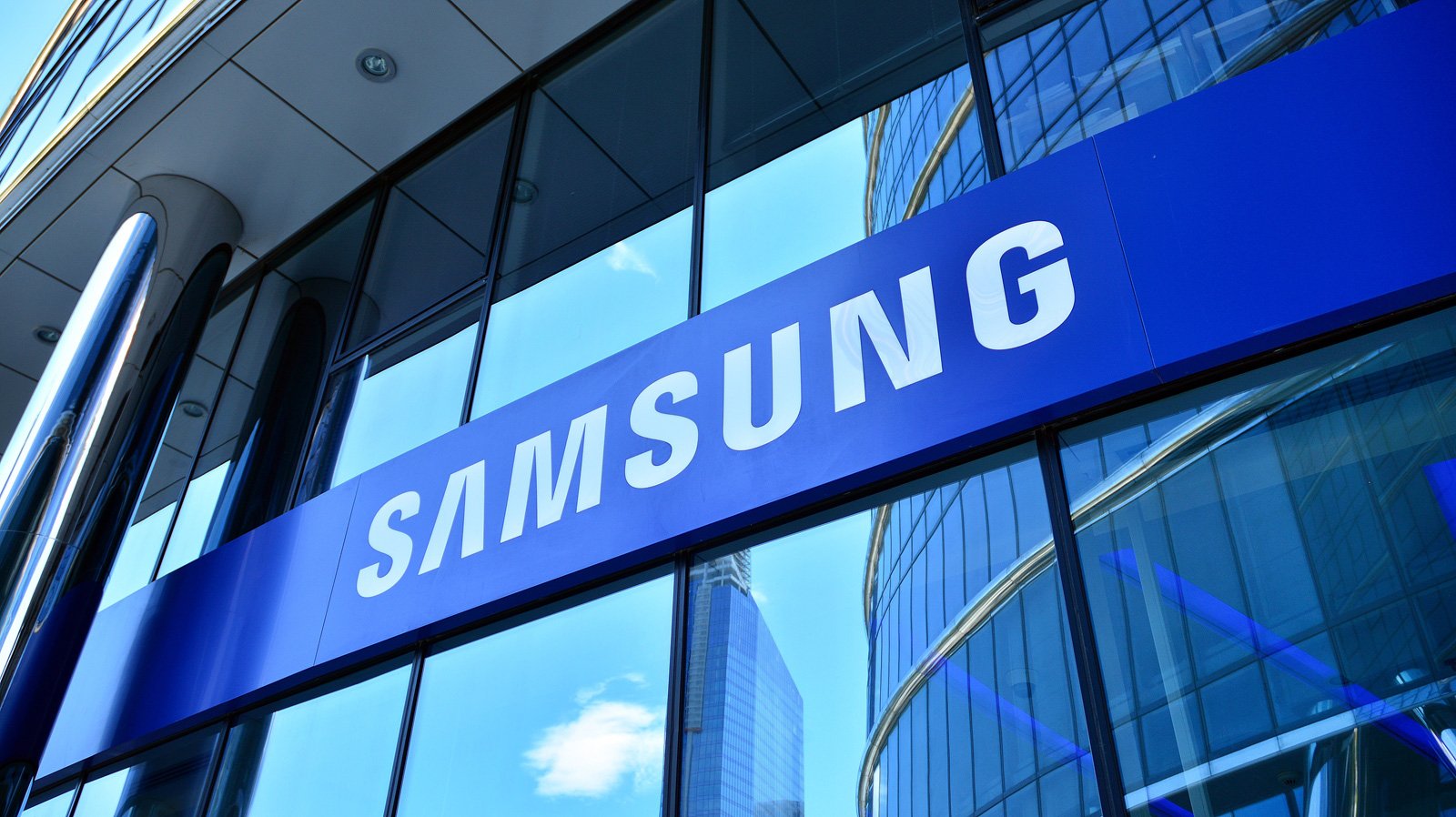Religious conservatives have experienced setbacks due to recent social trends, such as the legalization of same-sex marriage, decreased church attendance, and a rising number (around 30 percent) of Americans identifying as non-religious.
However, there have also been some political victories for organized religion, including the recent approval of a public charter school in Oklahoma run by the local Roman Catholic archdiocese. This school will be the first religious public school in modern U.S. history. Supporters believe that this could result in a clear right for charter schools to provide religious instruction, potentially leading to further religious education in public schools.
Charter schools receive funding from taxpayers but operate more flexibly than traditional schools. Advocates of religious charter schools argue that religious groups should have equal rights to manage these schools. However, opponents claim that religious charter schools blur the line between church and state, since government funds would be used to support religious instruction. They warn that this could lead to underfunding for traditional public schools and increased religious segregation of students.
Despite these concerns, the Oklahoma Board overseeing charter schools voted 3-2 to approve the first explicitly religious public charter school, which will be called St. Isidore of Seville Catholic Virtual School. It will be based in rural areas.
The Supreme Court’s Influence on Religious Education
The Republican-appointed majority in the Supreme Court has expanded the influence of religious groups in recent years. The Court has issued a series of decisions that prioritize religious values over other rights, particularly those of LGBTQ+ individuals. The court often divides along partisan lines, with members affiliated more with mainstream Christianity now frequently making religious rulings.
While the court has relied on religious beliefs in its decisions, the type of cases that are being heard have also shifted. In the past, the court has made rulings that benefit minority or dissenting groups, whereas more recent rulings have tended to benefit mainstream Christians. Moving forward, the court is set to rule on two more religion cases, one of which debates whether a website designer can deny services to same-sex couples based on religious objections, a position that could be interpreted to prioritize religious rights over other civil rights issues.
In summary, the approval of the first explicitly religious public charter school in modern U.S. history has sparked controversy, and some argue that this could be a launchpad for wider religious instruction in public schools. Opponents worry about the erosion of the separation between church and state, while supporters believe that religious groups should be given equal rights to manage public charter schools.
Upcoming Supreme Court Cases
The Supreme Court is expected to rule on two more religion cases in the near future, which could further demonstrate the court’s alignment with religious values. The first involves a website designer who objects to working with same-sex couples, and the second pertains to a postal worker who wishes to not work on Sundays. Despite the recent trend towards prioritizing religious values, some believe that the court may still make narrower rulings in these specific cases.
For more information, read: A column by Adam Liptak, who covers the Supreme Court for The Times, detailing the court’s pro-religion stance.















